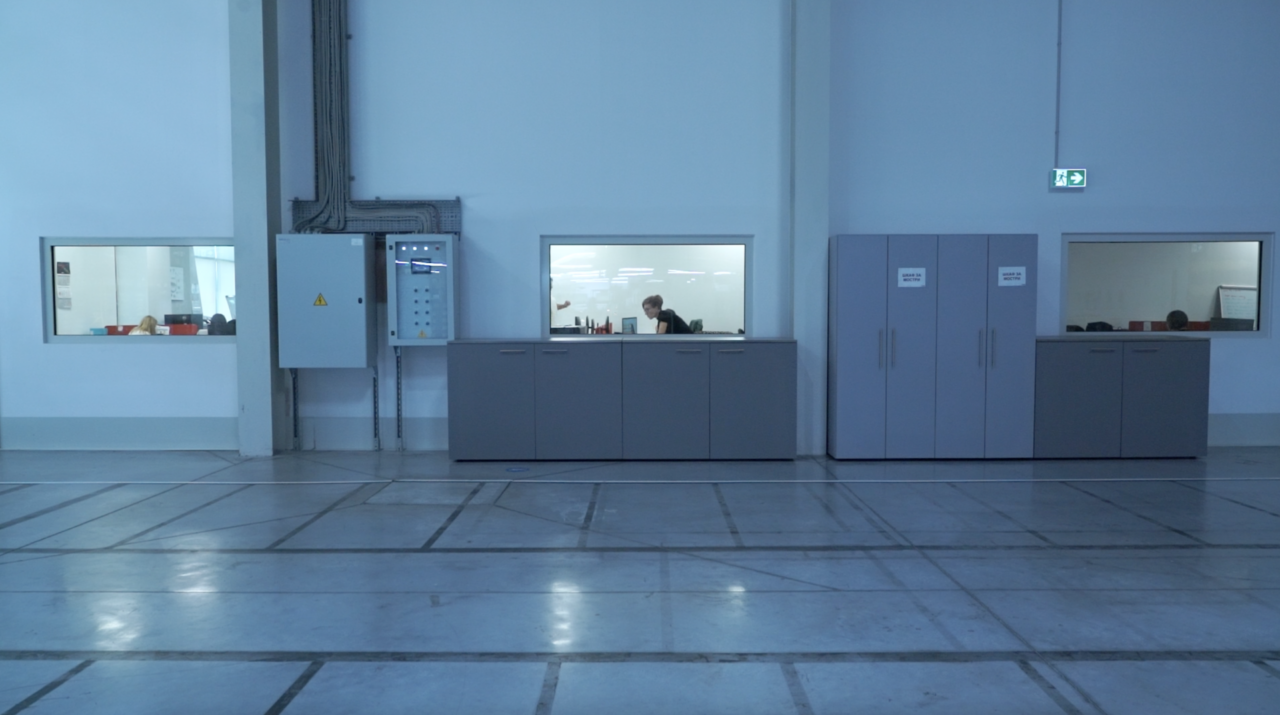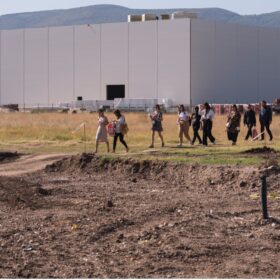
Ina Valkanova
2024
Full text
Spaces of global production are formed by a diverse set of spatial figures that result from and support a global division of labor. Spaces of global production include multinational manufacturing networks, industrial agglomerations, plantations, logistics corridors, and special economic zones.
They are often created on the outskirts of cities, walled by physical fences, and rife with access restrictions. Keller Easterling describes the governance of these spaces as “extrastatecraft,” created by a mix of international economic instruments and legal exemptions that are “sometimes mixed together with domestic civil laws, sometimes manipulated by business to create international law, and sometimes adopted by the nation in its entirety.”
